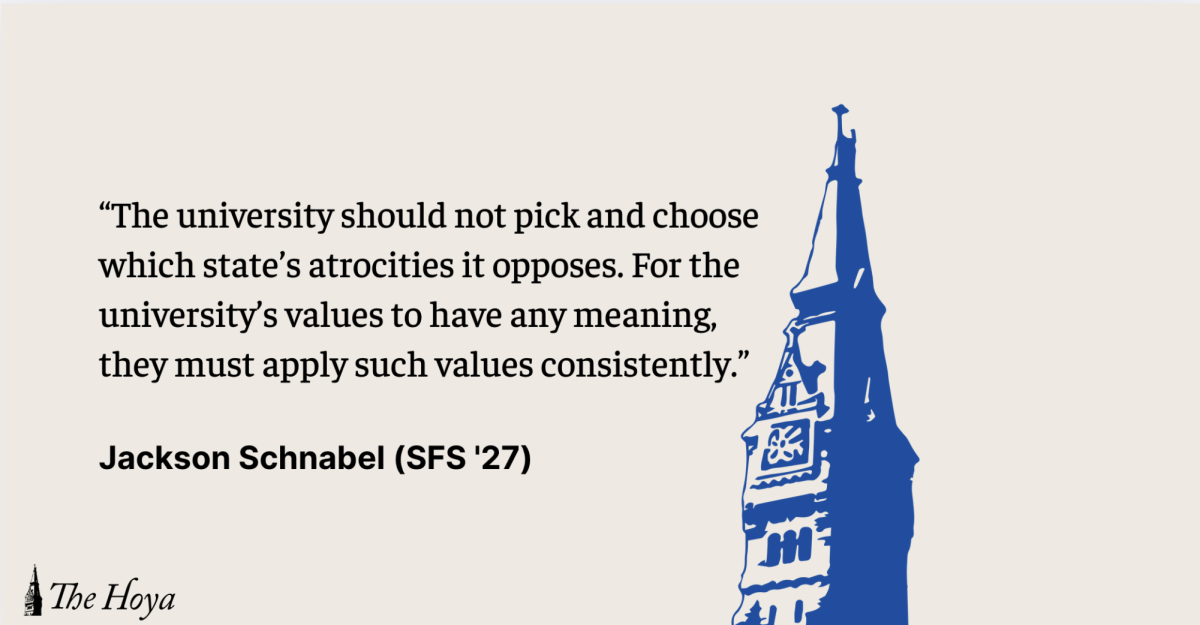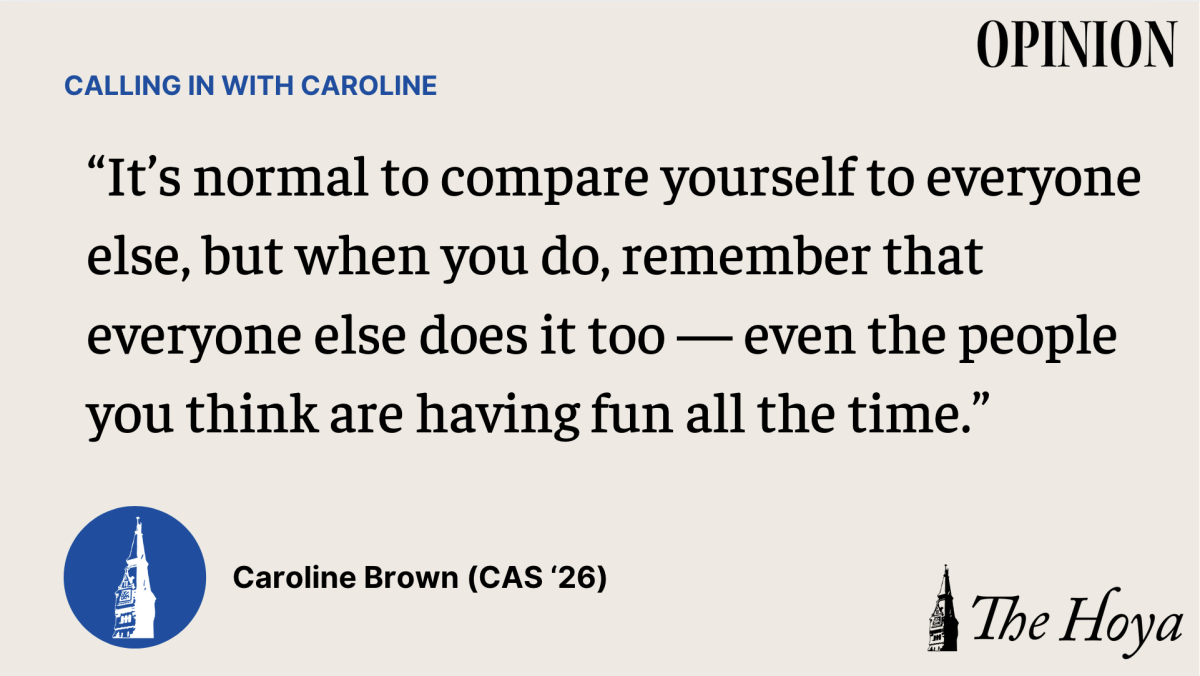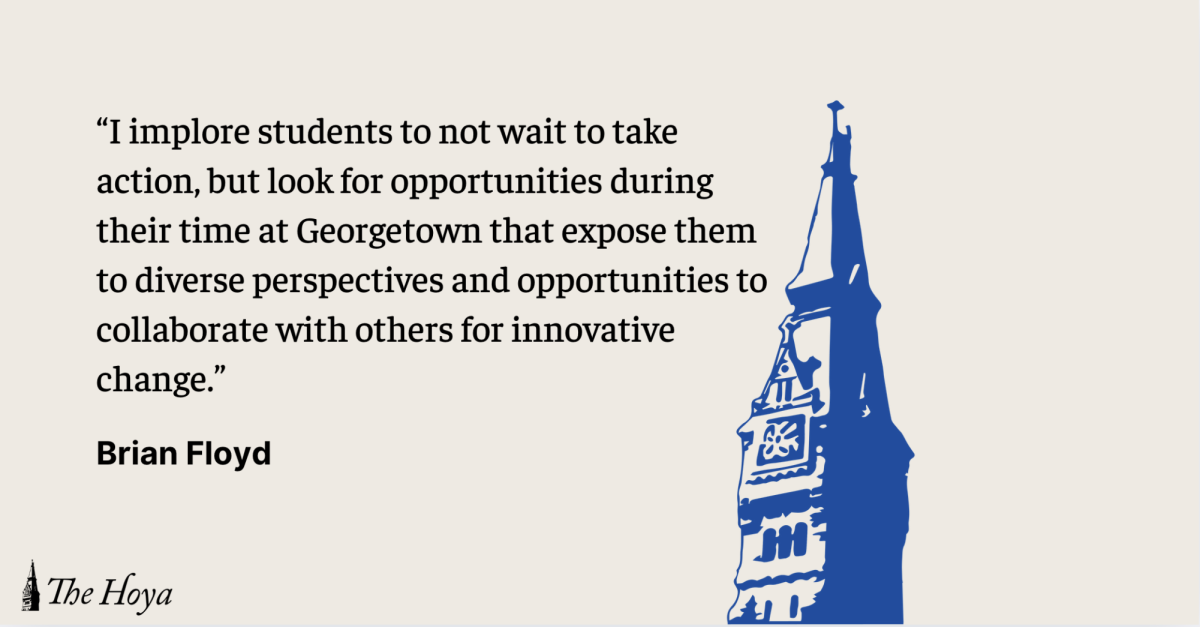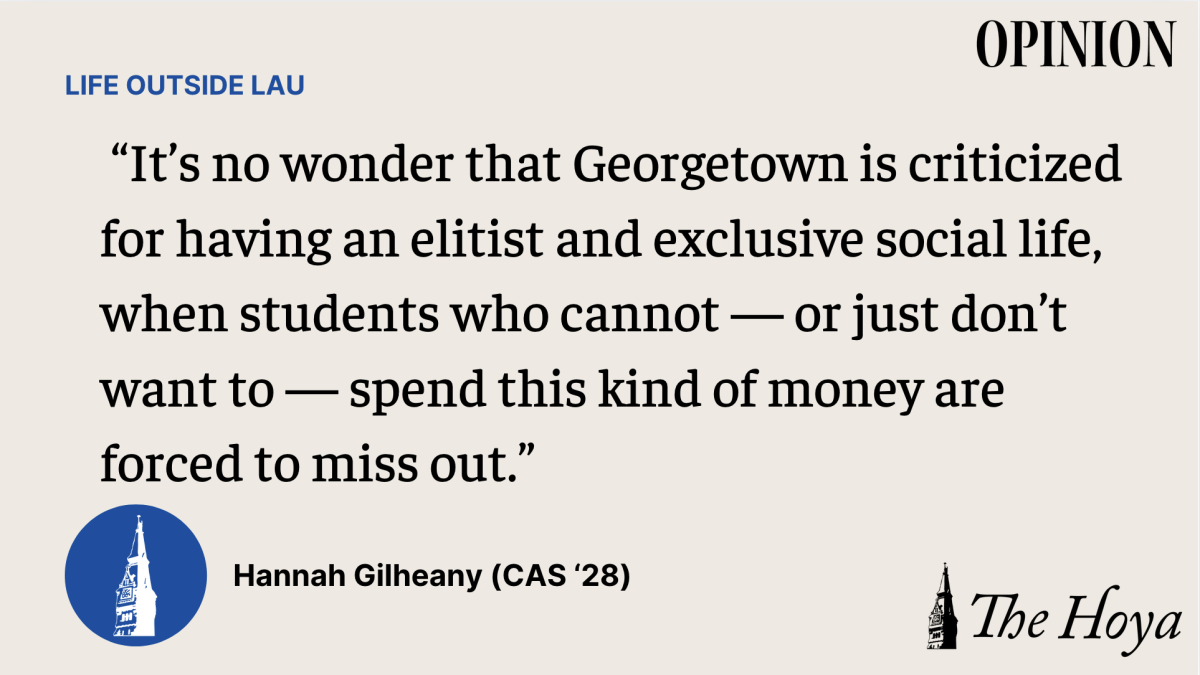A tenured position at a competitive university has long been the goal for aspiring academics looking to gain credibility and stability. As a recent article in The Hoya (“Adjunct Unionization a National Struggle,” A1, Nov. 1, 2013) highlighted, however, the Georgetown community is beginning to appreciate the difficulties that academic life imposes on non-tenured faculty members, both adjunct and full-time.
As an institution, tenure has protected the independence of research among senior faculty. Yet for junior faculty, tenure has recently provided more of a boon for university administrations than a protection for research. For those seeking tenure, the dream of a safe and stable position brings on a frantic dash to demonstrate the ability to bring in value, publications and funding to the university — often at the expense of hours in the classroom. By focusing on quantitative accomplishments, pressure to qualify for tenure may very well have the unintended effect of restricting research interests. Tenure is a tremendous carrot for university administrators to wield, but the consequences of that baiting are not always so appetizing.
Alternatives to a tenure-track position are hardly desirable under current conditions. Institutions like Georgetown lack a clear protocol for non-tenure-track full-time positions. With widely varying salaries and few institutional roles, non-tenured professors teach many classes and receive little in the way of respect from their tenured peers. Worse still is the lot of adjuncts lacking consistent work and stable roles on the Hilltop. This situation, while not unique to Georgetown, threatens the sustainability of the academic model and amounts to an unethical underserving of what are, by and large, talented and passionate professors.
The unionization of adjuncts at Georgetown and the administration’s continued work on supporting non-tenured full-time professors are encouraging signs that the university is doing its part to mitigate the problem. Students should contribute to this effort by making the stakes of the matter clear to all parties involved. By demanding fair and consistent treatment for non-tenured academics, students can underscore the importance of nurturing a respectful and supportive environment for faculty. The educational experience that students deserve from their university should not be compromised by the politics of tenure.







